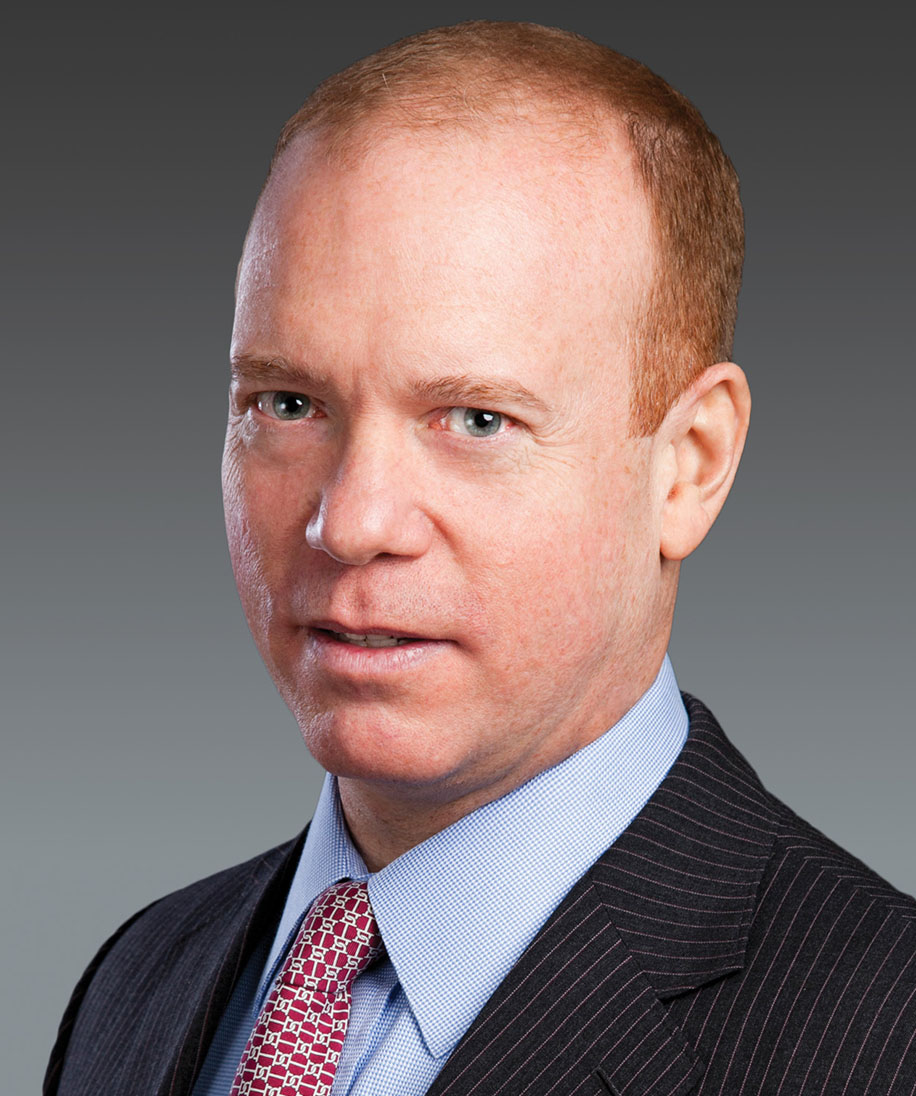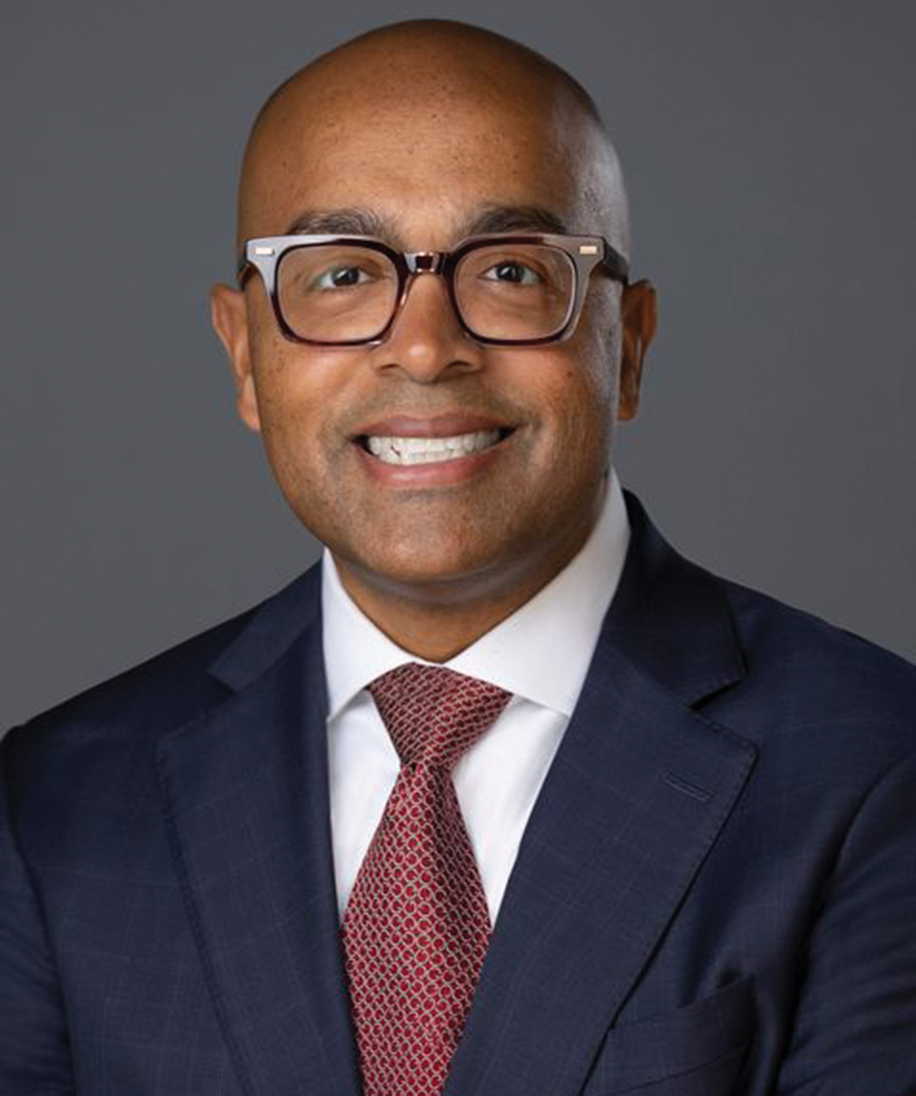Client Alert
한국 보건��복지부는 노바티스 코리아에게 4천8백만 달러의 벌금을 부과하였다 (South Korea’s Ministry of Health and Welfare Imposes a $48 Million Fine on Novartis Korea)
May 08, 2017
By Gary F. Giampetruzzi, Kwame J. Manley & Han Kyu Lee
On April 27, 2017, in what should be an alarming development for multinational pharmaceutical companies, the South Korean Ministry of Health and Welfare (the “MOHW”) announced that it will be imposing a KRW55.1 billion (approximately $48 million) fine on Novartis Korea for paying improper benefits to Health Care Professionals (“HCPs”). In addition to the significant financial penalty, the MOHW will suspend insurance benefits for nine of Novartis Korea’s products pursuant to the National Health Insurance Act.[1] A number of other local and multinational pharmaceutical companies find themselves caught up in this increasingly wide-ranging investigation, and for those not yet on the Korean government’s radar, developments suggest that more companies might face similar scrutiny.
In its public statements about the Novartis case, the MOHW noted that this administrative measure was required to combat concerns of providing so-called illicit “rebates” (i.e., kickbacks) to HCPs totaling KRW2.59 billion (approximately $2.2 million) between 2011 and 2016. This fine represents the largest civil punishment in South Korea for paying rebates to HCPs in connection with third-party media outlets and journals. In addition, Novartis continues to face criminal charges in connection with the still-pending indictment by the Seoul Western District Prosecutor’s Office (“Prosecutor’s Office”) in August 2016, regarding similar allegations of improper benefits to HCPs.[2]
The South Korean Market: Opportunity and Risk
Based on a 2016 study, South Korea was the 13th largest pharmaceutical market in the world, and the third largest in Asia, trailing only the powerhouse China and Japan markets.[3] Sales are forecast to grow from $15.1 billion in 2015 to $18.3 billion by 2020.[4] Accordingly, many multinational pharmaceutical and other life sciences companies have established operations in South Korea or are in the process of expanding their presence in the market. Novartis was one of the top-selling multinational pharmaceutical companies in South Korea with sales amounting to about KRW450 billion (approximately $393 million) in 2016.[5] For Novartis, South Korea was the tenth-largest market in terms of sales in 2016.[6]
Against that backdrop of great business opportunity, South Korea has implemented significant measures to fight illicit rebates or kickbacks in the pharmaceutical industry over the past decade. For example, in November 2010, a dual punishment system was implemented to stop increases in drug prices by making both the HCPs and pharmaceutical companies liable for punishment in the event of evidence of improper benefits or bribes.[7] Prior to the dual punishment system, only pharmaceutical companies were punished for illegal drug rebates to HCPs.[8] A few years later, in July 2014, the Korean government introduced the “rebate two strike-out” system, which suspends insurance coverage by the Korean National Health Insurance for up to a year if the MOHW finds an initial violation for illegal rebates, as in the case of Novartis. Under this system, the MOHW may also exclude a company on a permanent basis from insurance coverage upon the finding of a second violation depending on the rebate amount.[9] In principle, the “rebate two strike-out” system aims to suspend insurance coverage upon finding of illicit rebates, but allows levying substantial penalties if a substitute product on the market is unavailable.[10]
In addition, South Korea recently passed the Improper Solicitation and Graft Act (also known as the Kim-Young-Ran Act) to fight bribery throughout Korean society, prohibiting certain gifts to government officials, professors, and journalists. This law took effect in September 2016. Although the Kim-Young-Ran Act was not specifically targeted at the pharmaceutical industry, it nonetheless reflected the Korean government’s commitment to the elimination of improper payments. In a recent survey, almost 80% of Korean citizens believed that corruption to be a serious problem.[11]Many doctors in Korea are part of government hospitals or hold dual roles as a practicing doctor and a professor at a public university, and are often considered government officials. The new Improper Solicitation and Graft Act generally bans gifts worth KRW50,000 (approximately $45) or more and meals of KRW30,000 (approximately $27) to government officials.
Given this heightened regulatory and enforcement landscape, the Korean government has been actively investigating both domestic and multinational pharmaceutical companies for suspected violations. Starting in 2007, a set of Korean and multinational pharmaceutical companies faced penalties from the initial investigation by the Korea Fair Trade Commission (“KFTC”).[12] During the KFTC probe, Novartis was fined KRW2.35 billion (approximately $2 million) by the KFTC for providing rebates (kickbacks) to HCPs between 2006 and 2009. The KFTC found that Novartis Korea offered illegal kickbacks by offering doctors, nurses, and hospital staff free travel, accommodations, and dinners in connection with pretextual product presentations and seminars.[13]
With the April 27, 2017 announcement of the fines levied against it, Novartis Korea has become the first company in the market to be punished under the “rebate two strike-out system.”[14] Further, it is anticipated that competitors will actively seek Novartis Korea’s market share for the suspended products as “[c]onsumers are expected to turn to competing drugs that are insured for treatment, causing Novartis’ sales to drop sharply.”[15] The MOHW expects to finalize its advance decision within the next month, once Novartis Korea goes through the final procedure for raising objections or appeals.[16] With revenue of about KRW450 billion (approximately $393 million) in 2016 in South Korea, Novartis Korea was the second largest multinational pharmaceutical company in terms of sales in the market.[17] Despite its dominant market position, Novartis Korea will likely suffer loss of market share and blowback from the HCP community, which might be wary of the company and its reputation.[18]
More to Come for Novartis: The Criminal Prosecution
Despite the likely civil resolution, Novartis still faces criminal prosecution. On February 22, 2016, the Seoul Western Prosecutor’s Office raided Novartis Korea on allegations that Novartis Korea provided illegal rebates (kickbacks) of KRW2.59 billion (about $2.2 million) to HCPs through media outlets specializing in the pharmaceutical industry. There are specific allegations that excessive payments and entertainment were provided to HCPs who wrote columns and held panel discussions, roundtable meetings (RTMs), or ABMs in favor of Novartis products. It was later reported that an industry newspaper had been investigated in December 2015. On March 25, 2016, another industry newspaper was raided by the Korean Government. In June 2016, the Prosecutor’s Office raided the Korea Research-Based Pharmaceutical Industry Association (KRPIA) to obtain reported records of Novartis Korea. The government also collected the sponsorship records of HCPs’ attendance at overseas congresses of member companies from 2011 to 2016. The records that the prosecutors collected no doubt contain a who’s who among the multinational pharmaceutical community, all of whom are heavily invested in their Korean operations.
The Prosecutor’s Office alleges that Novartis Korea paid advertising fees to media outlets to hold events such as roundtable meetings. The media outlets then paid service fees to HCPs in the form of honoraria or participation fees, fees for writing/translating articles, or consultation fees. The Prosecutor’s Office found that Novartis Korea had authority to select and contact the participating HCPs, provide materials, and determine service fees, while the media outlets played marginal roles. In short, the Prosecutor’s Office alleges that Novartis used the media outlets as conduits for making such payments on behalf of Novartis Korea in order to circumvent the risk of provision of illegal rebates in a more direct manner. To this point, the Prosecutor’s Office indicted 34 individuals and corporate persons, including six Novartis employees, six media outlets, their representatives, and 15 HCPs.[19]
The criminal trial of Novartis Korea and the indicted individuals is ongoing. However, during the most recent hearing in Seoul, a former Novartis employee testified on behalf of the prosecution, admitting in open court that Novartis engaged media outlets to organize events and make payments to HCPs. The prosecutor also announced during that hearing that representatives from two of the media outlets had confessed to their participation in the alleged scheme. Comparable to how these matters proceed in the United States and elsewhere, there is potential that the cooperating media-outlet defendants may admit to any similar schemes with other pharmaceutical companies, not just with Novartis, in order to gain favor with the prosecutors and mitigate their own civil and criminal exposures.
What Comes Next?
For those who have been watching the Prosecutor’s Office over the years, it is reasonable to expect the Novartis case to be a beginning—rather than an end—of the Korean government’s investigation of multinational pharmaceutical companies for illicit rebates around the use of media companies and HCP roundtable meetings. The Prosecutor’s Office announced that it “will continue strict crackdown with the laws and principles to eradicate the illegal rebate.”[20] Further, according to a request by National Assembly member Ms. Hye-Sook Jeon, the MOHW will be considering an administrative investigation of multinational pharmaceutical companies and will discuss the investigation targets and methods with her office before initiating the investigation.[21] Ms. Jeon requested the MOHW to launch an administrative investigation of multinational pharmaceutical companies, including Novartis, citing that the illegal rebate of Novartis “is a tip of the iceberg.”[22]
As South Korea expands its investigation, it has become advisable for multinational pharmaceutical companies with presence in South Korea to proactively and promptly look into their Korean operations in order to identify potential risks and implement timely remedial actions. Some companies have begun doing so, and as a result, will have an ability to identify any potential compliance issues that might be ongoing, and apply control and program enhancements as may be needed. Those who have not begun reviewing their operations risk falling behind and losing the opportunity to develop a compliance wall against the prosecutorial scrutiny that might be coming their way. South Korean authorities have a long history of targeting potential corruption within the pharmaceutical industry, and the significant Novartis fine of $48 million and suspension of reimbursement for products strongly suggests that there may be more to come.
DISCLAIMER:
With a strong presence throughout Asia, Europe, Latin America, and the United States, Paul Hastings LLP is recognized as one of the world’s most innovative global law firms. Paul Hastings was recently named a Life Sciences Practice Group of the Year, by Law360. Working under established and recognized U.S. attorney-client privileges and protections, our Seoul, Korea office advises both Korean companies doing business overseas and international clients doing business in Korea, providing strategic local support and seamless access to our global investigation and corporate resources.
Paul Hastings is unauthorized to practice Korean law and the preceding article is solely for purposes of relaying factual updates in Korea. This alert should not be construed as legal advice or a legal opinion on any specific facts or circumstances. The contents are intended for general informational purposes only, and you are urged to consult your attorney concerning any particular situation and any specific legal question you may have.
[1] http://www.mohw.go.kr/front_new/al/sal0301vw.jsp?PAR_MENU_ID=04&MENU_ID=0403&page=2&
CONT_SEQ=339403.
[2] Id.
[3] http://www.trade.gov/topmarkets/pdf/Pharmaceuticals_Korea.pdf.
[4] Id.
[5] http://www.koreatimes.co.kr/www/nation/2017/04/251_228417.html.
[6] https://www.ft.com/content/8e451760-5f9a-11e6-ae3f-77baadeb1c93.
[7] http://www.bioworld.com/content/regulatory-changes-may-be-coming-novartis-faces-legal-trouble-south-korea-0.
[8] Id.
[9] http://biz.chosun.com/site/data/html_dir/2017/04/27/2017042701590.html?main_hot1#
csidx0ff450670dec812983798f4a64def21.
[10] http://www.mohw.go.kr/front_new/al/sal0301vw.jsp?PAR_MENU_ID=04&MENU_ID=0403&page=2&
CONT_SEQ=339403.
[11] http://www.bioworld.com/content/anticorruption-law-clean-south-korea-pharma-industry-1.
[12] http://www.koreatimes.co.kr/www/news/biz/2015/09/123_94151.html.
[13] https://www.law360.com/competition/articles/272926/south-korea-fines-drug-cos-9-6m-over-kickbacks.
[14] http://news.khan.co.kr/kh_news/khan_art_view.html?artid=201704300935011&code=940601#csidxc
1479d2283aef519d1f932abeab052d; see also http://www.koreabiomed.com/news/articleView.html?idxno=520.
[15] http://www.koreabiomed.com/news/articleView.html?idxno=476.
[16] http://www.mohw.go.kr/front_new/al/sal0301vw.jsp?PAR_MENU_ID=04&MENU_ID=0403&page=2&CONT_SEQ=
339403.
[17] http://www.koreatimes.co.kr/www/nation/2017/04/251_228417.html;http://www.rapportian.com/news/articleView.html?idxno=103291.
[18] http://www.rapportian.com/news/articleView.html?idxno=103291.
[19] August 8, 2016 Press Release by the Seoul Western Prosecutor’s Office.
[20] See id.
[21] http://www.dailypharm.com/News/216748.
[22] Id.
Contributors

